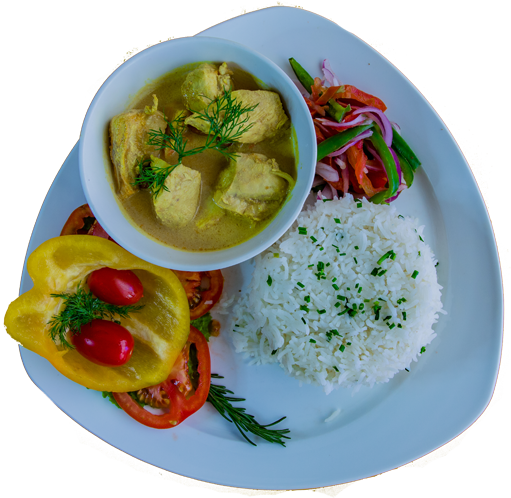- 0716 687248
- info@amaica.co.ke
- Peponi Road,
Westlands
One delightful element about Kenyan food is its diverse flavor. This is because Kenyan cooking draws from a wide variety of ethnic traditions. However, thanks to the presence of foreign cultures such as Indian, Arabic, European and other Western countries’ cultures, the taste, cooking methods and presentation of the food tends to be highly influenced. On the other hand, if one is new to Kenyan food and interested in experiencing a truly authentic meal, chances are high that he will be introduced to roast meat (Nyama choma) and Ugali, which many rate as the most popular ethnic Kenyan cuisine.
 At the same time, health experts have been urging and warning people about poor eating habits brought about by the lifestyles that many have confined themselves into. The busy lifestyles which characterize modern life leave many with little time for one to prepare balanced meals, driving them into unhealthy eating habits.
At the same time, health experts have been urging and warning people about poor eating habits brought about by the lifestyles that many have confined themselves into. The busy lifestyles which characterize modern life leave many with little time for one to prepare balanced meals, driving them into unhealthy eating habits.
There has been a general increase in awareness about healthy living among locals as people want to associate with the traditional lifestyle where natural food was the way to go. The preservation and cooking methods had no chemical additions utilized, hence it is believed that this is the reason why the ‘older’ folk was strong, disease-free while some have lived for long. Meals made from millet, groundnuts, sweet potatoes, arrow roots, as well as vegetables – Solanum (Managu) and Amaranth (Terere) were just among the natural and traditional foods that the ‘older’ generation is associated with. However, today’s meals are characterized with less of the above as junk food takes more space on the tables.
In addition, the Western culture and urbanization have in the past seen majority of Kenyans drifting away from eating quality nutritious indigenous foods to fast foods. Due to these lifestyles, diseases such as diabetes and obesity among households have become a common occurrence.
Fifteen (15) years ago, Amaica was set up in a bid to incorporate cultural aspects aimed at restoring the original taste and touch of food and tradition while at the same time encouraging healthy eating. For many especially the employed, having a well-prepared and balanced authentic meal meant going to the makeshift restaurant popularly known as the ‘kiosk/kibanda’.